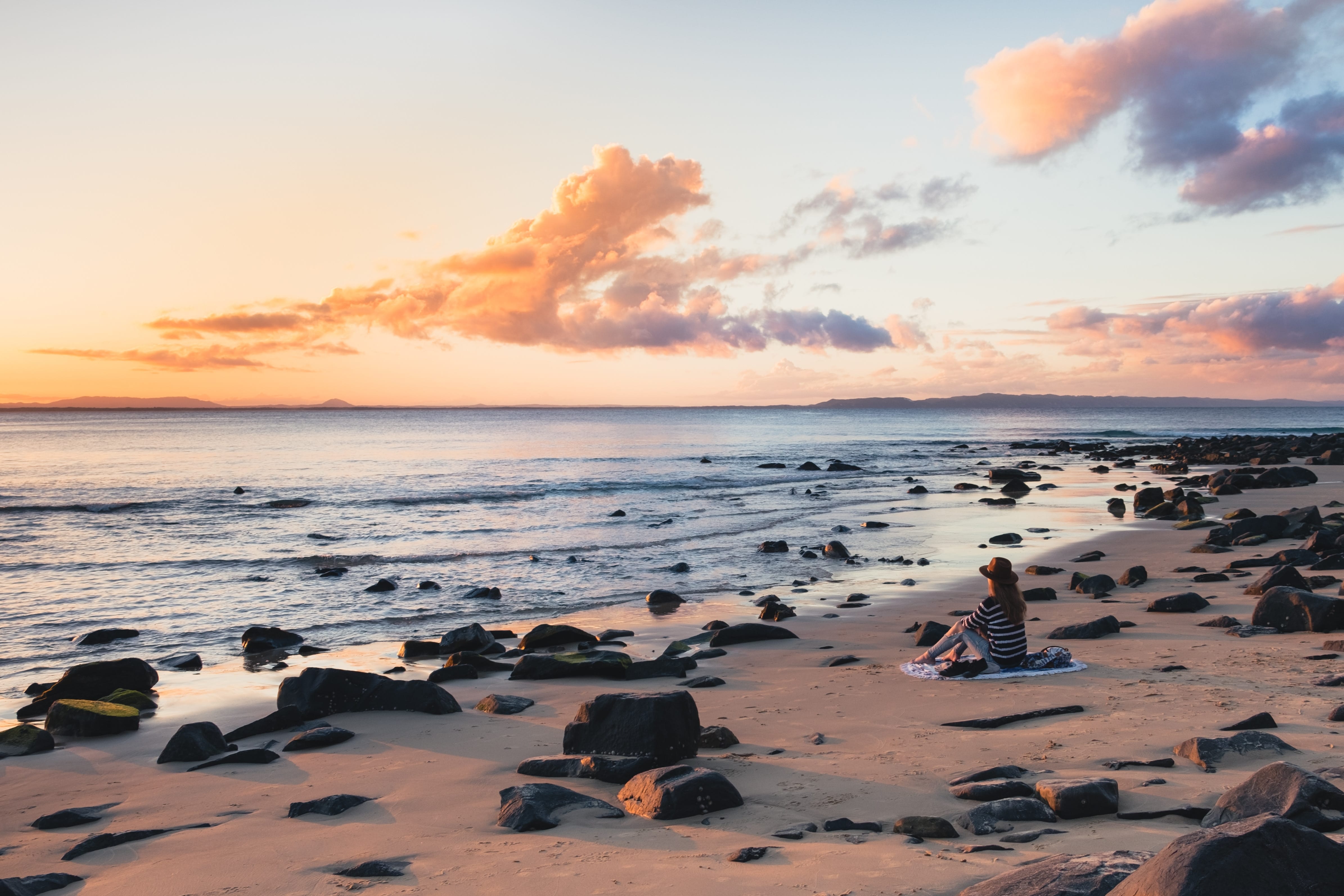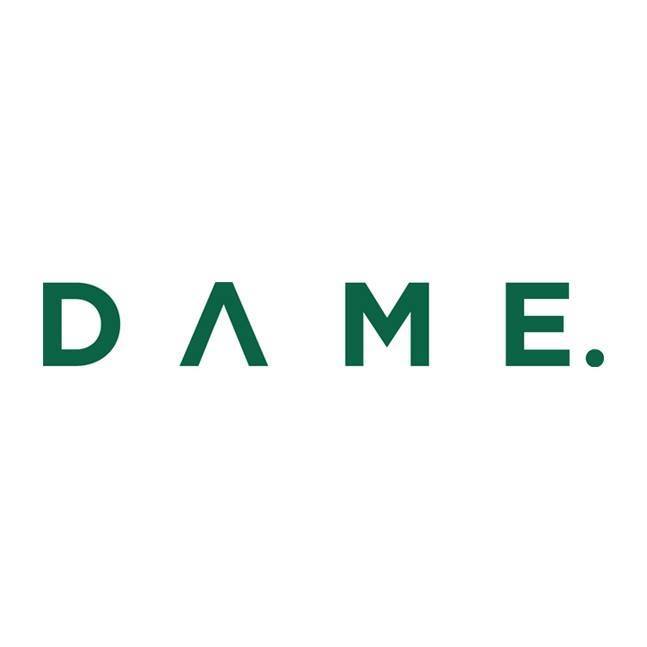
Since David Attenborough’s Blue Planet II highlighted its devastating impact on our marine life, there’s been a lot of talk about plastic. From the banning of plastic straws, to the widespread adoption of reusable bottles and coffee cups, we’re slowly waking up to the problem with our plastic consumption.
But while we’re busy re-thinking plastic bags and buds, there’s one serious single-use plastic offender that’s received much less attention, and that’s periods.
Let’s talk trash…
Every year 100 billion periods products are thrown away globally, most of which are single-use and cannot be recycled. That’s enough waste to circle our planet 250 times. While many of us might assume that the pads and tampons we rely on each month are made from pure, natural cotton, the reality is quite different. Major brands manufacture their period products from synthetic materials, often treated with harsh chemicals (like bleach, dyes, glues & fragrance). The average sanitary pad contains up to 90% plastic – the equivalent of 4 plastic bags. Then you’ve got tampons. Most contain 5% plastic and that doesn’t even include the applicator. In the UK alone we get through 1.3 billion single-use applicators every year, most of which are pure plastic. Even cardboard applicators are often coated in plastic and cannot be recycled.
Given the average woman uses 12,000 disposable period products in her lifetime, that’s a vast amount of plastic waste we’re generating (not to mention the health risks of using plastic products in the most intimate, highly absorbent parts of our bodies). To make matters worse, many period products get flushed down the toilet. It’s estimated that every day in the UK 700,000 pantyliners, 2.5 million tampons and 1.4 million period pads go down British loos.
And just like other forms of plastic waste, period products take hundreds of years to break down into smaller and smaller micro plastic pieces. These micro plastics then contaminate our water, poison marine life and eventually make their way into our food chain. Their impact spreads well beyond the bathroom.
All this points towards the significance of the period plastic problem. But one question remains, why are we only just starting to talk about it?
The period taboo
Women have been having periods since the start of time, yet major brands use the language of shame and discretion as if they’re something to hide. Hands up who’s ever stuffed a tampon up their sleeve on their dash to the bathroom?
By being made to feel embarrassed about our periods, we’ve been discouraged to talk openly about them and as a consequence, many of us default to the same product month on month without question. A lack of industry transparency doesn’t help. Period brands aren’t required to disclose their ingredients, leaving us in the dark about what we’re really using. Without openness and information, how are we meant to realise the extent of the problem?
The good news is that after centuries of being shrouded in shame and fear, the discourse around periods is slowly starting to change. 2015 was hailed the year of the period: a woman ran the London Marathon whilst free-bleeding; there was outrage when a photo of a woman with blood on her knickers was taken down twice by Instagram; and the tennis star Heather Watson talked publicly about how her period affected her game.
Since then, periods have continued to move into the mainstream arena, and simultaneously the growing wellness movement has meant we’re more aware than ever before of the products we’re using on and in our bodies. This, combined with our growing environmental consciousness, means we’re starting to demand more of our period product choices. According to Mintel, half of women are now concerned about the environmental impact of their period products (a 7 fold increase from 2016) and the impact of this is starting to be felt. Last year, #plasticfreeperiods trended on Twitter and various plastic-free period petitions have attracted over 100,000 signatures.
Let’s break the cycle…
So armed with this new information and awareness, what can we do to address the period plastic problem? Fortunately, innovation is popping up in the period space for the first time in decades. There is now an array of different sustainable products meaning women finally having growing choice. And let’s face, given every body, and every period, is unique, this sense of choice is so crucial.
Here’s are some options to consider:
- Tampons: in contrast to the synthetic tampons pushed by major brands, you can now find 100% organic tampons, like those from DAME. Made from nothing but natural cotton, they’re toxin free, hypoallergenic, and biodegradable. For applicator fans, DAME’s also created the world’s first reusable tampon applicator, called D. By making the simple swap to a D, you’ll save 12,000 single use applicators from reaching our oceans.
- Menstrual Cups
- Reusable Cloth Pads
- Period Pants
So let’s all make a pact: to talk more openly about our periods, interrogate our period product choices and demand more from big brands. By embracing the freedom of a sustainable, healthier period, we can turn the tide on period plastic. Because at the end of the day, we can choose to decline that plastic straw, or say no to that disposable coffee cup, but we can’t choose whether or not to deal with our period each month. We need to act now – there’s no time to waste.

PRESENTED BY DAME
Billions of plastic applicators get thrown away each year and cannot be recycled. That’s why we created the award winning D – the world’s first reusable tampon applicator, along with our range of organic, toxin free cotton tampons. Millions of women prefer tampons and applicators – now they have a more sustainable choice. This is the first step in our mission to turn the bathroom green. We’re rethinking the products we use everyday to have the smallest possible impact on the planet tomorrow. If you want better, more sustainable choices, come join us.
For more information, please visit https://wearedame.co/